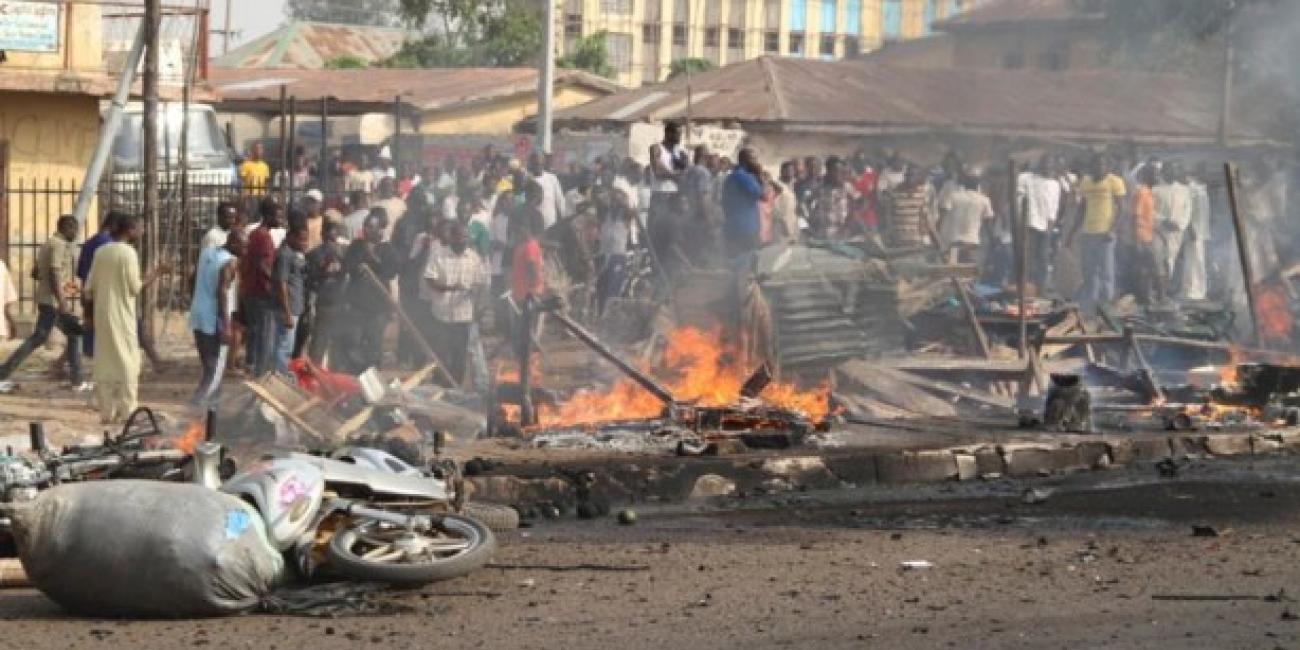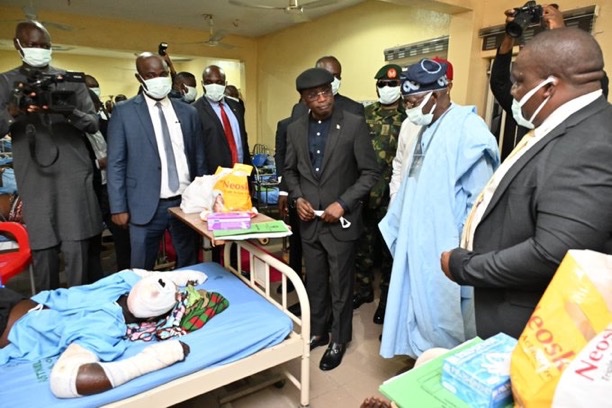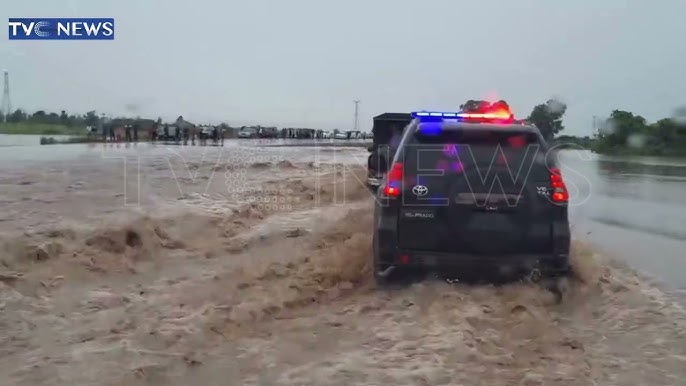In a heartbreaking turn of events, the joy and festivity typically associated with Eid-el-Kabir have been overshadowed by a devastating tragedy in Niger State. Governor Mohammed Umaru Bago has officially canceled all Sallah celebrations across the state in mourning for the victims of the catastrophic flood that ravaged Mokwa Local Government Area in late May 2025.
This solemn decision reflects the magnitude of the disaster, which has been described by local authorities and emergency agencies as one of the most severe natural calamities in the recent history of the state.
The Mokwa Flood Disaster: A Community Submerged
The flood struck Mokwa, a major town in Niger State, following days of heavy rainfall which caused the collapse of a nearby dam. The force of the water overwhelmed the town’s drainage systems and infrastructure, leading to widespread destruction.
Entire neighborhoods were submerged within hours. Homes, schools, markets, and farmlands disappeared under the rising waters, leaving thousands stranded. Rescue efforts were immediately launched, but the scale of the damage posed significant challenges for emergency responders.
According to figures released by the National Emergency Management Agency (NEMA), the disaster claimed the lives of over 200 people, with more than 500 reported missing. An estimated 121 individuals sustained various degrees of injuries, while over 3,000 homes and properties were either partially or completely destroyed.
The flood also swept away vital infrastructure including roads, bridges, power lines, and water systems, effectively cutting Mokwa off from nearby towns and making access to aid and rescue efforts even more difficult.
State Government’s Response: A Time for Mourning and Support
In response to the tragedy, Governor Umaru Bago expressed deep sorrow and sympathy for the victims and their families. Speaking during a press briefing in Minna, the state capital, the governor described the event as a “devastating loss not only to Mokwa but to the entire state.”
“In moments like this, celebration takes a backseat,” Governor Bago stated. “As a government and as a people, we must pause and mourn with those who have lost everything — their homes, their livelihoods, and, tragically, their loved ones.”
In line with this sentiment, all planned Sallah festivities and government-sponsored celebrations were officially canceled statewide. This includes public feasts, concerts, parades, and any other form of celebratory gathering. The governor urged religious and community leaders to observe Eid prayers in a modest and solemn manner, keeping the victims in their thoughts and prayers.
Relief Efforts Underway
The Niger State Emergency Management Agency (NSEMA), in collaboration with NEMA and other humanitarian groups, has since launched an extensive relief and recovery mission.
Temporary shelters have been established in neighboring towns to house displaced residents, while medical teams are attending to the injured and preventing the outbreak of waterborne diseases. Food items, clean water, blankets, and other essential supplies are being distributed to affected families.
Rescue teams, including local volunteers and the Nigerian Red Cross, continue to search for the missing, although hopes of finding more survivors dwindle as days pass. The state government has also directed the immediate reconstruction of damaged infrastructure and is appealing for federal support to expedite the recovery process.
A Call for Long-Term Solutions
Beyond the immediate disaster response, the Mokwa flood has reignited discussions about Nigeria’s preparedness for climate-related events and the need for resilient infrastructure. Environmental experts have long warned that communities along riverbanks and flood-prone areas require stronger early warning systems, improved drainage channels, and well-maintained dams to prevent such disasters.
Governor Bago echoed these sentiments, stating that Niger State would begin reviewing its environmental safety measures and invest in better infrastructure to protect its citizens from future occurrences. He also called on the federal government, non-governmental organizations, and international aid agencies to support the state’s long-term recovery and resilience plans.
Eid with a Heavy Heart
While Eid-el-Kabir is traditionally a time for Muslims to celebrate faith, sacrifice, and community, this year’s festivities in Niger State have taken on a more reflective and somber tone. For many in Mokwa and surrounding communities, this Sallah will be remembered not for joyous celebrations, but for mourning, resilience, and unity in the face of loss.
As the people of Niger State come together to honor the memories of those lost and to support those who survived, the canceled Sallah festivities serve as a powerful reminder of the value of human life over merriment.
Conclusion
The cancellation of Sallah activities in Niger State is not just a governmental directive — it is a profound gesture of empathy and solidarity with a grieving community. The Mokwa flood has exposed critical vulnerabilities in the state’s infrastructure and emergency systems, but it has also revealed the strength and unity of its people.
In the days ahead, as rescue operations continue and rebuilding begins, one thing is certain: Niger State will rise again, stronger, more prepared, and more united than ever before.
Join our Whatsapp channel to stay updated always!
Click here to join our Whatsapp channel




